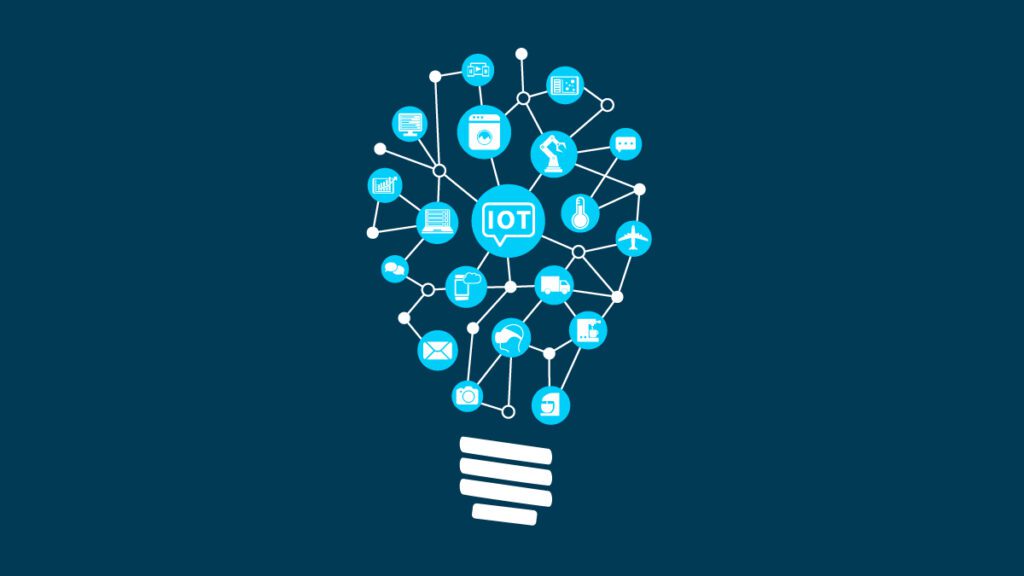
The Covid-19 pandemic has left no stone unturned, heavily impacting most industries into forced slowdowns, projects on pause and has forced companies far and wide to reconsider their practices and business models moving forward.
However, the tech sector, specifically related to the Internet of Things (IoT), has massively increased in value and development. Businesses across the board are looking to structure their business models with an IoT base.
“Almost 84 percent of IoT adopters found that the technology was key to maintaining business continuity during the pandemic,” Vodafone’s 2020 IoT Spotlight research said, adding that, “the majority of adopters now viewed the integration of IoT devices with workers as a higher priority, and 73 percent agreed that the pandemic would accelerate their adoption plans.”
Closing the digital gap
Apart from the terrible reality of what the virus brings, its outbreak has accelerated companies’ digital migration to stay competitive, while looking for innovative applications and software to avoid being drowned in a sea of restrictions and precautions caused by the virus.
According to a report by McKinsey, before the COVID-19 outbreak, 92 percent of companies had been considering digital transformation of their business models, but the crisis revealed how vulnerable most companies are and how urgently they require transformation.
“COVID-19 crisis is likely to significantly accelerate the shift to digital and fundamentally shake up the business landscape,” the report added.
According to Vodafone’s findings, enterprises consider IoT to be an essential element for being future-ready that could enable much smoother and cost-effective strategies; so much so that 73 percent of firms said that organizations that failed to embrace IoT will have fallen behind within five years.
“It’s giving companies an opportunity to re-design their operations and future-proof their business model. This research proves IoT is an essential technology for businesses that want to be resilient, more flexible and quicker to adapt and react to change,” said Erik Brenneis, IoT Director at Vodafone Business.
And rightly so, since 87 percent of decision makers surveyed by Vodafone agreed their core business strategy has changed for the better as a result of adopting IoT; in parallel, 95 percent said that they have achieved ROI, and 55 percent of adopters have seen operating costs decrease by an average of 21 percent.
IoT leading the line
While the pandemic has pushed employers to enact work-from-home policies, IoT was at the forefront of it, used to overcome social isolation and enable their businesses to stay afloat.
“[Due to the pandemic] the IoT global market is expected to increase from $150 billion to $243 billion by 2021, growing at a Compound Annual Growth Rate (CAGR) of 13.7 percent,” another report by MarketsandMarkets stated.
The technology is not only key for future strategies, but IoT deployments have been reported to boost employee productivity, while improving customer experience by more than twofold.
“IoT has grown up. It’s no longer just about increasing return on investment or providing cost savings to businesses – it’s about changing the way they think and operate,” Brenneis added.
What IoT brings to the table
- Cost reduction: During an outbreak, demand and slow production take the biggest hit, which is why IoT sensors synced with analytics allow companies to efficiently operate remotely, without hindering production or shipping.
- Automation: This year has showed that the process of automation needs an upgrade; IoT has an important role to play here, since it can streamline automation and shipping areas of a business, while allowing it to become more competitive and efficient during a crisis.
- Remote working: Covid-19 posed a challenge toward decision makers with regards to changing needs of their staff, customers, suppliers and the like, all while complying with government restrictions. The integration of IoT software, tools, and applications have opened up a whole new working system, and this could prove valuable to people with certain disabilities to access the job market.
While, from a business perspective, the pandemic has negatively affected most major industries, the tech sector has taken the opportunity to accelerate its projects and aspirations.
Whether it concerns accelerating 5G rollout, or developments in the IoT sphere, the results of this year will lay the cornerstone for tech to aid companies not only to keep functioning, but also succeed in this time of uncertainty.